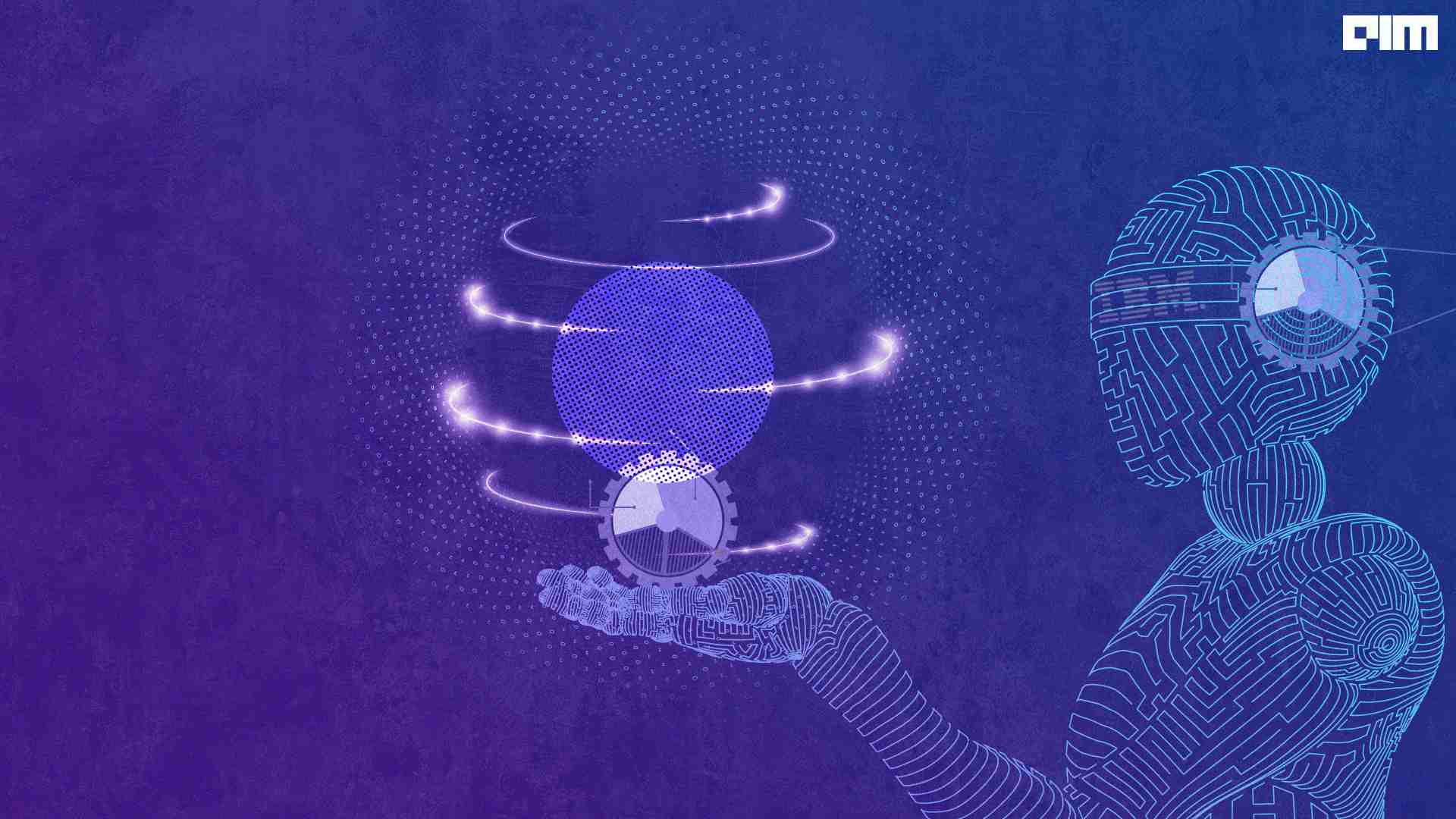A 360-degree Approach To Building An AI Skilled Workforce

The COVID-19 pandemic has caused a momentum shift in the adoption of artificial intelligence (AI). With customers looking at more and more phygital (physical+ digital) experience across retail stores, shopping malls, banks, auto showrooms, etc., corporations were leaning on physical customer-connect points to drive their sales and/ or customer interface/ experience had to be reimagined. As a result, corporations have had to find new ways to get to their clients. The need of the hour was remote but pointed, timely and relevant interactions often via new channels. The outcome desired was enhanced sales, customer experiences and customer loyalty.
Everyone realised rapidly that this was impossible to do effectively without AI, layered over the tons of internal and external data that every corporation had access to about its customers, their preferences, offerings, inventories, and much more. Timely advances in Data and AI technologies and the emergence of the Cloud have made the impossible seem more real.
One of the implications of this shift is that every corporation needs to build AI skills quickly to stay relevant. And as they embark on this journey, companies must create an AI skills vision and roadmap to build the best AI foundation possible with a 360-degree approach.
The following are some of the key dimensions of AI talent to be considered:
Mathematical Background – the basics
- Linear Algebra: Linear Algebra comes up in computer vision and machine learning. These fields require extensive use of vectors, matrices, and tensor structures. Linear algebra, along with abstract algebra, forms the mathematical backbone of these structures.
- Probability Theory & Statistics: Probability is the core of any data analysis, data interpretation and AI. A cogent knowledge of generative and discriminative probability is required to understand the distribution of data and interpretation of the model outcomes. Other preferred statistical skills include sampling techniques, Bayes’ Theorem, variances and likelihood estimations.
- Algorithms & Complex Optimisations: A sound knowledge of data structures, dynamic programming, the randomised and sub-linear algorithm is important to understand the computational efficiency and scalability of machine learning and deep learning algorithms.
Programming Skills: AI professionals need to be familiar with languages like Python, R, Scala, Matlab, Java and C++ for analysing data, building and deploying models and eventually monitoring them.
Machine Learning Operations: Deploying machine learning models covers conceptualising, building, and maintaining integrated systems that operate in production. It needs competencies such as software engineering and DevOps.
Advanced Topics: While Python programming and Linear Algebra are foundational backgrounds, companies are looking for the following advanced skills:
- Neural networks, generative adversarial networks, deep reinforcement learning
- Convolution Neural Networks and usage in object classification, object detection and related functions
- Recurrent Neural Networks and application in natural language processing (NLP) and speech processing. This new age NLP and speech skills are focussed on algorithms that apply at scale, across languages and domains
- Neuro Symbolic AI – Combining neural network architecture with symbolic learning
Trustworthy Machine Learning: Conventional skills are insufficient to develop machine learning systems for highly consequential application domains. Building trust in AI requires engineers to be conversant with the knowledge and know-how to ensure that the AI models are fair, have not been intruded into, can function in different, harsh conditions, and can be understood by all segments of people. The new AI design and development skills must be transparent, unbiased, explainable, and inclusive. All these considerations can make machine learning safe, responsible and worthy of trust.
Conclusion
AI is changing the way businesses operate – it will lead to disruptions that are inevitable and existential. Every business will soon become an AI business to find the next level of differentiation that drives business growth. A core in-house talent pool of AI capabilities is required for this transformation. For any company to attract top talent and strengthen its position in AI, the roadmap has to extend to the short as well as the long term. Employers should commit to upskilling and reskilling existing employees that fit this roadmap.
In addition, companies should tap into the market for talent with “adjacent” skills like application development and deployment skills on cloud platforms or with strong workflow build/ integration experience. Tapping into a talent with these related skills can bridge the gap between the skills required for AI domains and the ones available. This will ensure that the workforce is equipped with the proficiency needed to develop world-leading AI capabilities. If organisations haven’t done so already, the time to invest in this is now.
Author Details:
Usha Srikanth, VP & Sr. Partner, Sectors – IBM India Client Innovation Centre
Usha runs the client delivery for IBM, by leading the Client Innovation Centre in India, which has a mandate for clients across 13 Industries globally. The services include strategy consulting. The centre has a presence in eight locations in India and is the largest in IBM.
Anuj Malhotra, VP & Sr. Partner, Growth Platforms – IBM India Client Innovation Centre
Anuj leads IBM’s 40 technology practices globally across all Client Innovation Centers for IBM and in India, has additional responsibility for all Technology Garages/Labs. His focus is building capabilities and solutions in fields such as AI, hybrid cloud and emerging fields like quantum computing.


